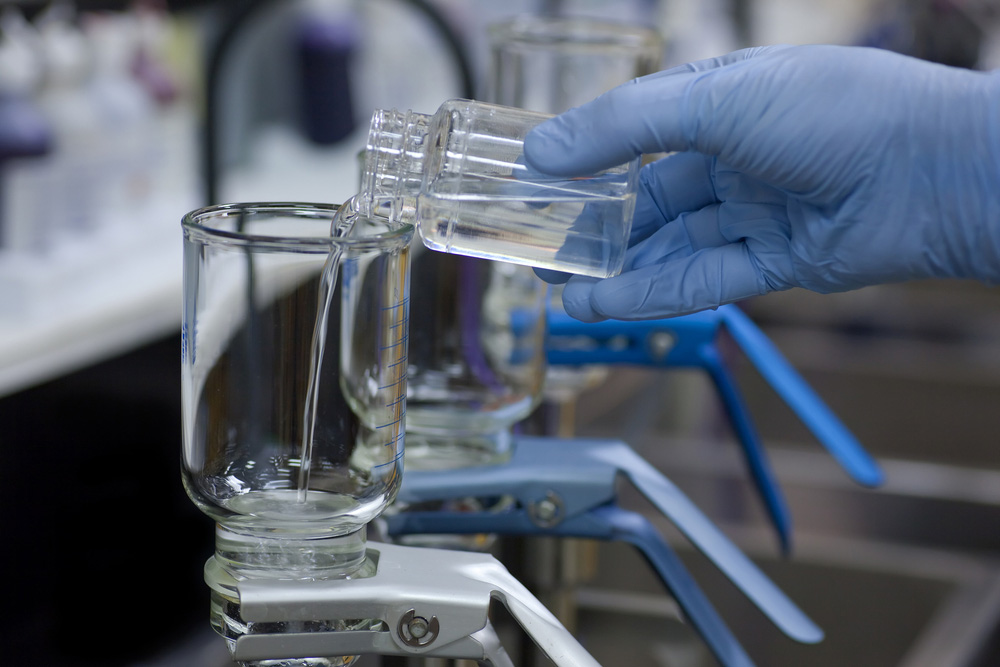
Water is essential to life. An adequate, safe and accessible supply must be available to all. Improving access to safe drinking-water can result in significant benefits to health. Every effort should be made to achieve a drinking water quality as safe as possible.
Membrane filtration: A typical MF method for water analysis is performed by passing a known volume of water through a sterile membrane filter with a pore size small enough to retain bacterial cells (typically 0.45µm). The filter is then transferred aseptically to the surface of an agar plate, or an absorbent pad saturated with a suitable selective medium and incubated. Colonies are allowed to develop on the surface of the filter and can be counted and examined directly. MF methods are quick and easy to perform, require little incubator space, and can handle large volumes of water if needed.
- Colony count in water ISO 6222:1999
- coli in water ISO 9308-1:2014
- Coliform in water ISO 9308-1:2014
- Legionella ISO11731:2017
- Enumeration of Pseudomonas Aeruginosa in water ISO 16266:
- Clostridium Perfringens in water ISO 14189:2013
- Salmonella in ware AOAC
